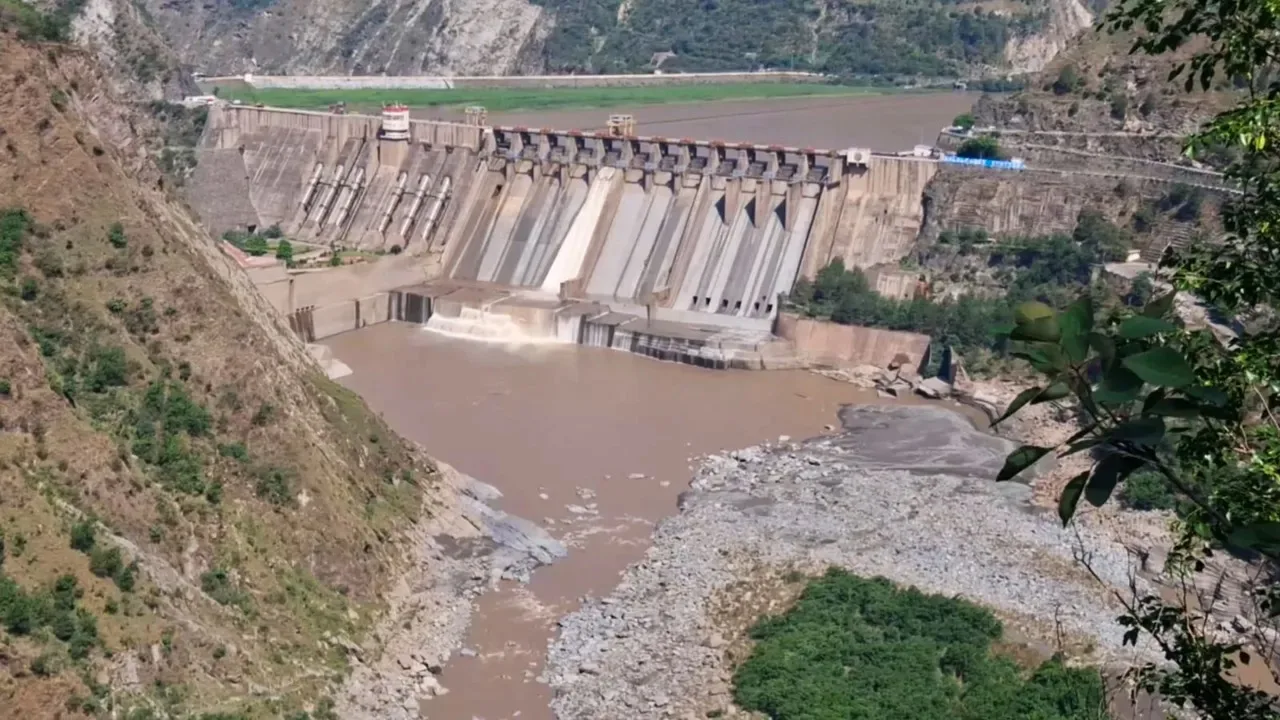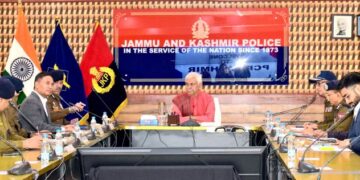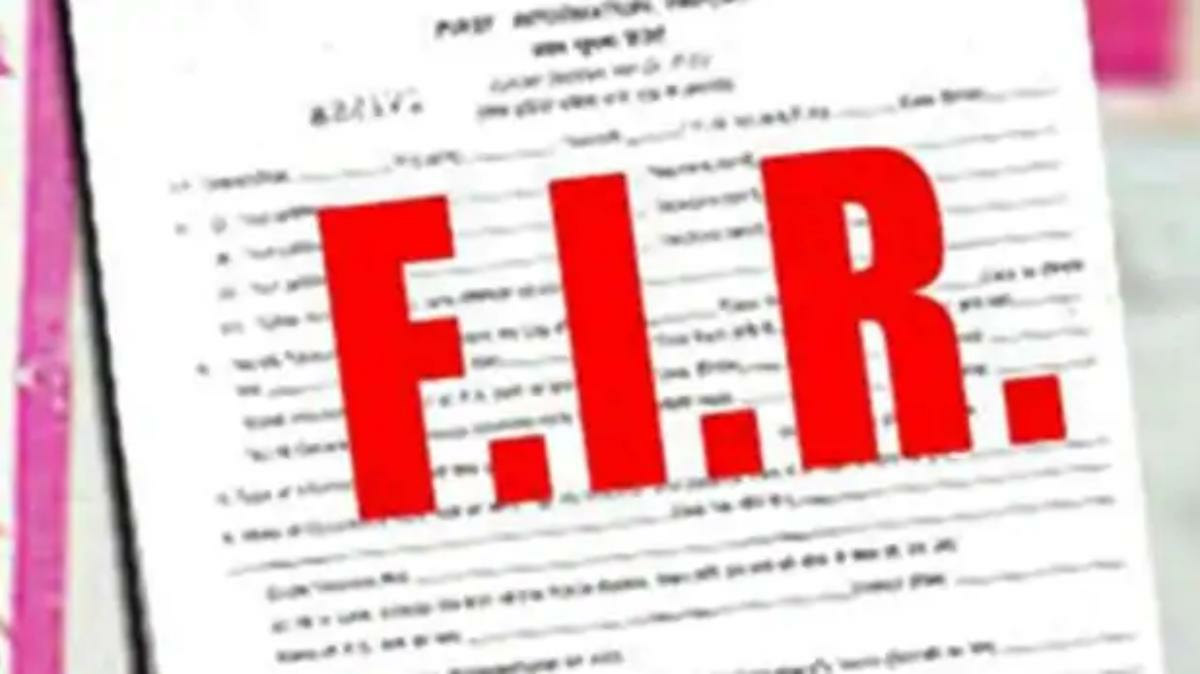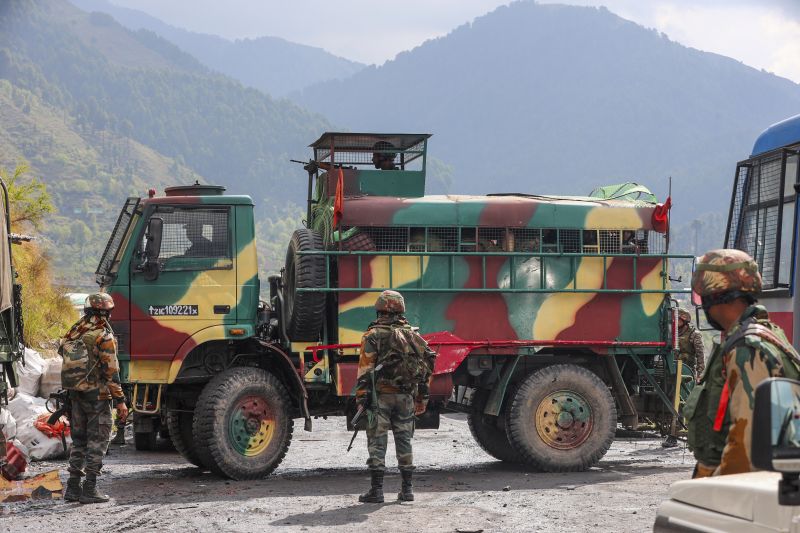New Delhi: Jal Shakti Minister C R Paatil said on Thursday that Pakistan writing letters on revoking the suspension of the Indus Waters Treaty is a formality and is not going to change India’s stance on the matter.
Pakistan has written multiple times to India, asking it to review its decision on the treaty.
Addressing a press conference here, Paatil said the water under the Indus Waters Treaty will not go anywhere.
Asked about Pakistani leader Bilawal Bhutto’s comments on the treaty, Paatil said Bhutto has said many things for politics.
The Pakistani leader recently threatened India over suspending the Indus Waters Treaty.
“He also talked about blood and water flowing but we are not scared of such hollow threats,” Paatil said.
The Indus Waters Treaty was put in abeyance after the April 22 Pahalgam terror attack.
India eyes revival of Tulbul Navigation project
Initiates efforts to maximise western river water use: Sources
The government is moving ahead with plans to revive the long-stalled Tulbul Navigation Project, as part of a broader strategy to optimise the country’s share of water from the western rivers under the Indus Waters Treaty (IWT), top official sources said.
A detailed project report (DPR) for the Tulbul project is being prepared and is expected to take about a year to complete.
“Only after that will we take a decision,” a senior official said, confirming that discussions are at an advanced stage to bring the project back on track.
This comes in the backdrop of the IWT being put “under abeyance” following the April 22 Pahalgam terror attack, after which India began reassessing its water-sharing arrangements with Pakistan.
Under the IWT, India has limited rights over the western rivers — the Indus, Chenab and Jhelum — which primarily flow into Pakistan.
However, officials said several proposals are now under consideration to increase India’s use of its share from these rivers.
“There is potential to divert water from one of the western rivers, technically feasible, to Punjab and Haryana,” said an official, though they stressed that the Indus itself is not being considered for diversion.
India faces challenges due to limited water-storage capacity, especially during monsoon.
“In the rainy season, we have less capacity. During the dry season, we can hold a certain amount of water, particularly on the Chenab river,” the official said. “If we get more water, it flows downstream to Pakistan,” he added.
The official said this inability to store water beyond a short duration of 24 to 48 hours is why India was previously forced to carry out “flushing operations” at its dams.
“We filled our dams and then flushed them to manage sediment. But under the treaty, there were some restrictions on flooding, which caused problems in sediment management. What we are doing now is essentially better dam and reservoir management,” he said.
Meanwhile, the Kishanganga hydropower project, once contested by Pakistan, has already been completed. The construction of the Ratle project has also been expedited.








